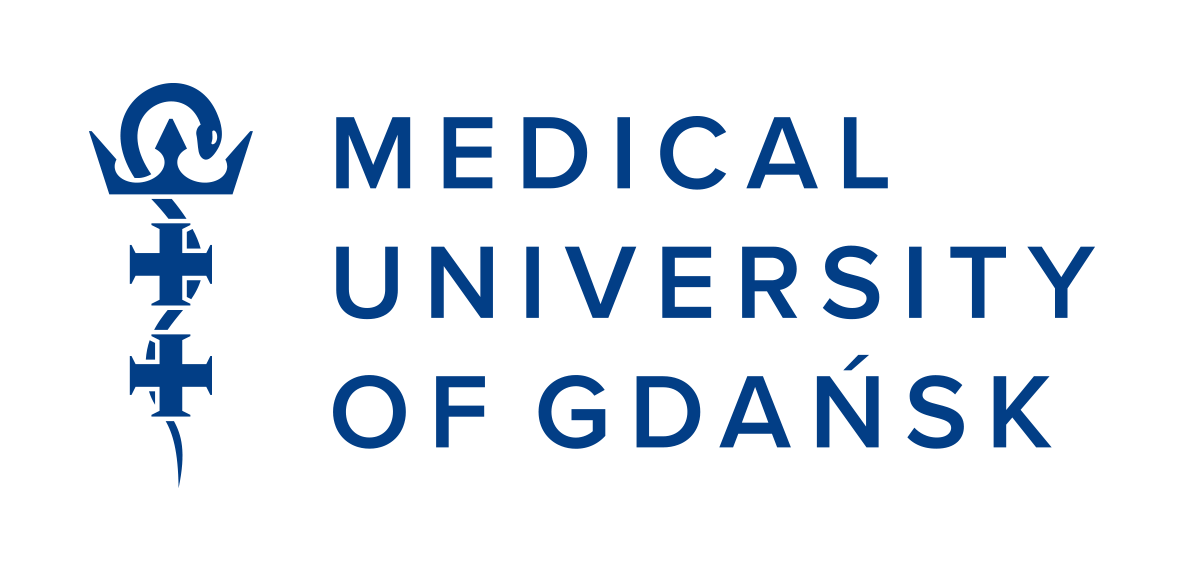See our projects
Breast cancer. Clinical trials and complex therapy carried out at the breast unit
The team directed by Elżbieta Senkus-Konefka, MD, PhD, from the Department of Oncology and Radiotherapy of the Medical University of Gdańsk, Coordinator of the Breast Unit at the University Clinical Centre in Gdańsk, is involved in research on breast cancer, which is the most frequently diagnosed cancer in women.
Size matters – impact of nuclear size on spatial transcriptomics’ results from human cerebral cortex
What encouraged Elyas Mohammadi, a young bioinformatician from Iran, to pursue his doctoral degree at the Medical University of Gdańsk? Follow his story and learn about the innovative research on the human Alzheimer’s disease he is conducting at one of the MUG’s top scientific centres, the International Research Agenda. Grasp the nature of the so-called spatial transcriptomic analysis and its role in understanding the biology behind this serious disease. Find out why it essential to define the number of brain slices needed to perform such as study.
Prevention and treatment of lifestyle diseases – Targetello project
The scientific aim of the project was to design novel anti-cancer drug candidates. The scientists searched for molecules that could interfere with uncontrolled cell divisions, which is characteristic for cancer cells, and thus enable the development of specific anti-cancer therapies. The research was carried out in collaboration with scientists from Gdańsk University of Technology, Medical University of Gdańsk and University of Gdańsk.
Research on pancreatic organoid culture model
The employees and doctoral students are involved in the implementation of the international PRECODE (PancREatic Cancer OrganoiDs sEarch) project. The main research model of the project is the organoids. In the future, the use of organoids created from patient cells could lead to the development of personalized medicine that is targeted and highly effective against pancreatic cancer.
Metal nanoparticles as drug delivery platforms in an experimental model of inflammatory bowel diseas
What are and how big are the nanoparticles? Could the nanomaterials serve as drug delivery platforms? Follow Karol Steckiewicz, M.D., Ph.D. and the team of his fellow researchers as they attempt to synthesise, characterise and asses the noble metal nanoparticles in an experimental biological model of inflammatory bowel diseases.
The efficacy and safety of Metoprolol in preventing cardiomyopathy in patients with DMD
What is metoprolol? Could it help in developing new method of treatment for patients suffering from cardiomiopathy associated with the Duchenne Muscular Dystrophy (DMD), a rare and serious genetic disorder characterised by progressive muscle degeneration and weakness? Learn of the project conducted by Magdalena Bazgier M.D. and her team of fellow researchers led by Joanna Kwiatkowska, Ph.D., D.Sc. and see why it might bring an important breakthrough in the fight against the disease.
Direct spine derotation
Scoliosis is a multifactorial three-dimensional spinal deformity where, apart from its lateral bend and disturbed sagittal profile, vertebral rotation occurs. When the vertebrae rotate, ribs start to stand out and a rib hump grows on the back, a reason for complexes and frustration. By analysing the results of scoliosis treatment, one can learn that it is the elimination of the hump in the mechanism of derotation which determines the quality of a young person’s life in the future.
Obtaining the essential oil with predicted biological activity in vitro cultures of Ledum palustre
How could the biotechnological, phytochemical and biological research be all used in developing a new natural form of treatment for the rheumatoid arthritis (RA)? Grasp the nature of the project conducted by Anna Jesionek Ph.D., and supervised by Prof. Maria Łuczkiewicz, which investigated common marsh, a stable and independent in vitro plant system, one capable of continuous production of essential oil with anti-inflammatory activity.
